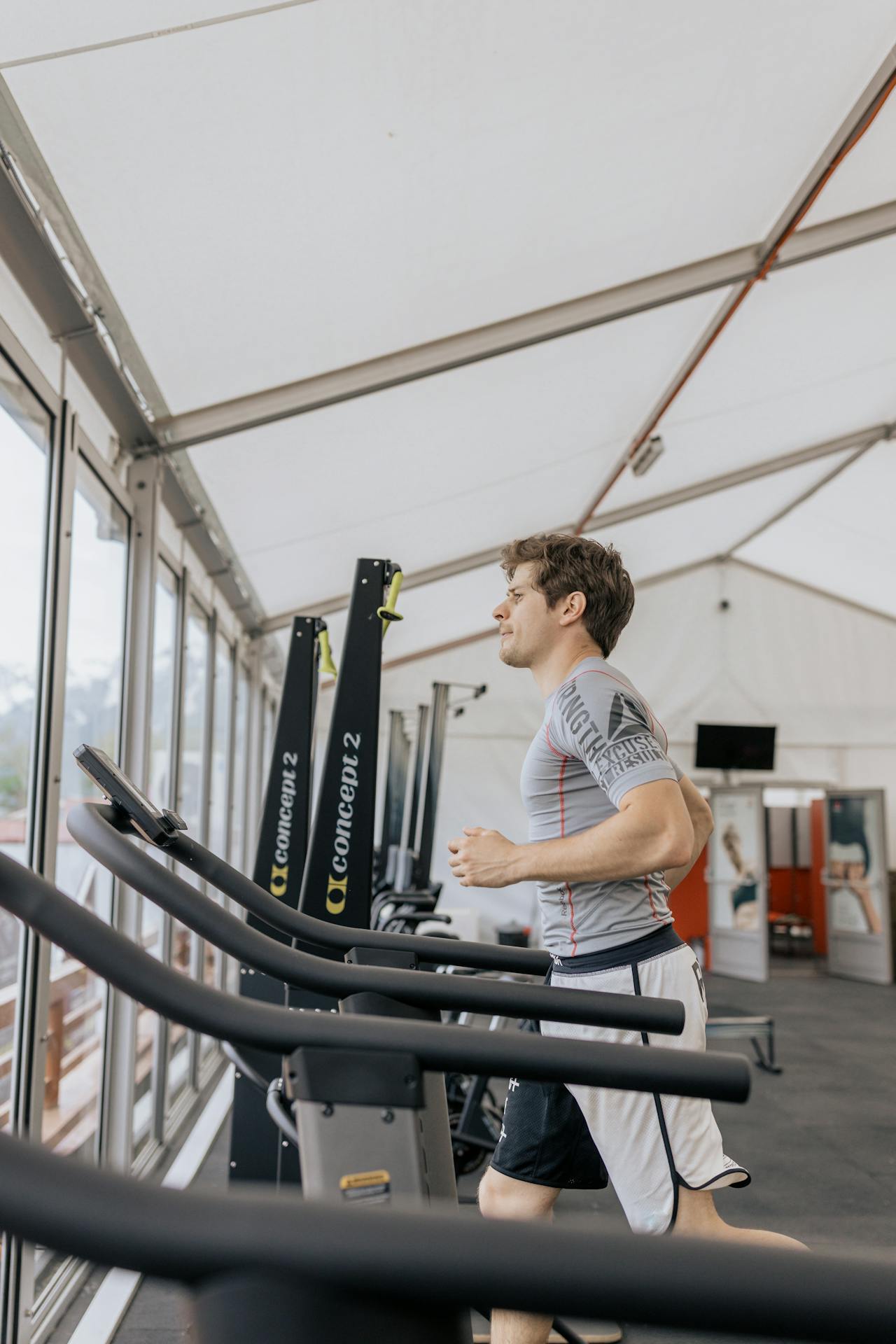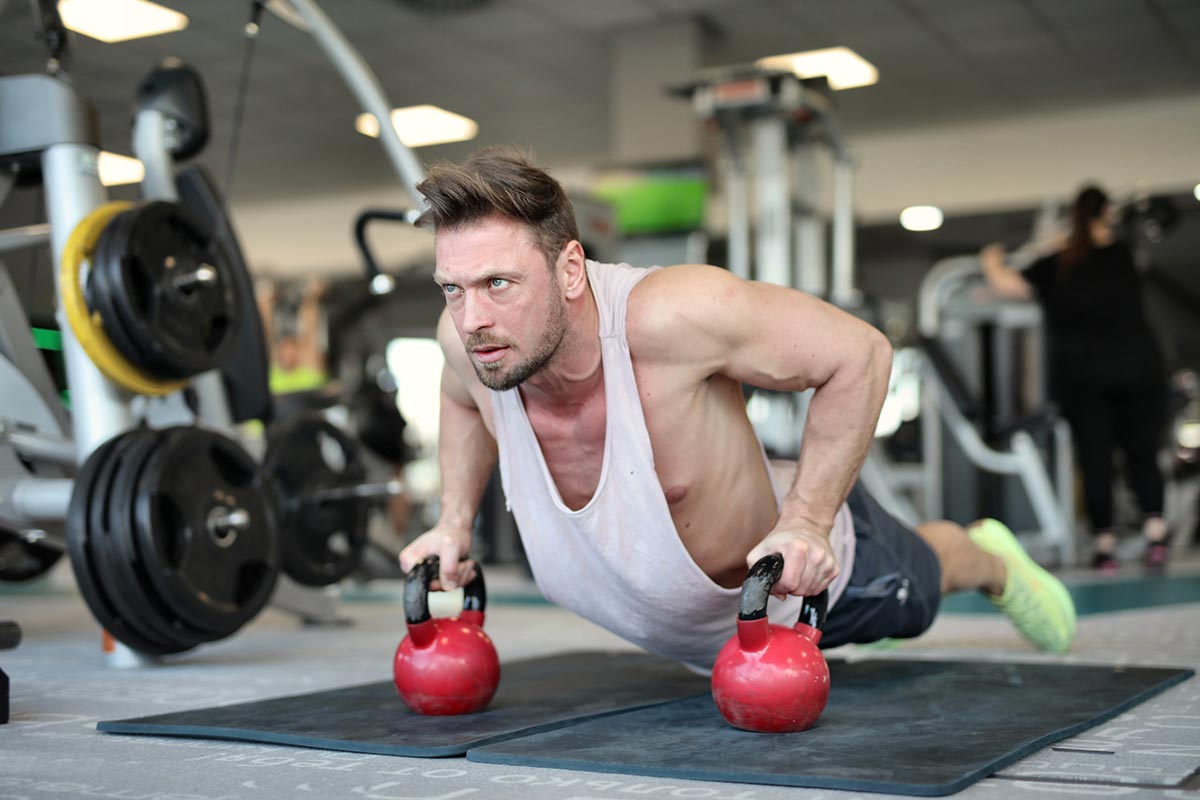Getting and staying in shape can feel like a daunting investment. The cost often goes beyond money; it eats into the one commodity none of us can afford to waste—time. Even seasoned exercisers sometimes find themselves stuck in a cycle of lengthy workouts with little to no change in their bodies. What’s worse is the misconception that spending more time training harder will inevitably lead to better results. In reality, this approach can lead to fatigue, burnout, or even injury.
But here’s the good news: there are smarter ways to work out. By incorporating a few strategic adjustments into your routine, you can save time, enhance your results, and minimize the risk of overtraining. Below, you’ll find four straightforward strategies that can turbocharge your workouts—and your body.
Warm Up and Cool Down: Your 10-Minute Game Changer
One of the easiest ways to maximize your workout effectiveness is to dedicate sufficient time to warming up and cooling down. A proper warm-up not only prepares your body for intense activity but also reduces the likelihood of injury. Aim for at least 10 minutes of light aerobic activity, such as brisk walking, cycling, or performing dynamic stretches like arm and leg swings.
At the end of your session, don’t skip the cool-down. This phase allows your body to gradually return to its resting state and helps reduce the buildup of lactic acid, which can cause post-exercise soreness. Spend another 10 minutes performing gentle stretches targeting the major muscle groups, including your arms, chest, back, and legs. Your muscles will thank you, and you’ll feel more refreshed for your next workout.
Hydration: The Fitness Secret in Your Water Bottle
It’s often said that water is the elixir of life, and this is especially true for anyone striving to get fit. Proper hydration ensures your body operates at peak performance, aiding in temperature regulation, joint lubrication, and waste removal. During exercise, dehydration can impair physical performance and recovery, so staying hydrated is critical.
The general recommendation is to drink at least eight 8-ounce glasses of water daily, but if you’re engaging in intense workouts, you’ll likely need more. For every hour of exercise, you may lose up to one liter of water through sweat. Replenish these fluids by sipping water before, during, and after your workout to keep your body performing optimally.
Rest and Recovery: The Unsung Hero of Fitness
Rest is as important as the workout itself. Sleep is when the body undergoes repair and recovery, building stronger muscles and replenishing energy reserves. Most healthy adults require 7-8 hours of sleep per night to function at their best. However, life’s demands don’t always allow for a full night’s rest.
If you’re unable to get a full eight hours, consider integrating a short 10-20 minute power nap into your day. Research shows that napping can enhance cognitive function, improve mood, and give your body a quick recovery boost. The immune-boosting benefits of sleep also cannot be overstated—rest allows your body to fight off bacteria and inflammation more effectively, keeping you healthy and ready for your next workout.
Smart Nutrition: Balance Over Restriction
Nutrition plays a crucial role in fitness success. While many people focus on calorie counts or fad diets, the key lies in achieving balance. A common pitfall is an overreliance on starchy carbohydrates, such as white bread, cereals, and rice. While these foods provide quick energy, excessive consumption without balancing them with protein, healthy fats, and vegetables can hinder your progress.
Consider incorporating lean proteins like chicken or fish, nutrient-dense vegetables like spinach and broccoli, and complex carbs such as sweet potatoes into your meals. These choices provide sustained energy and support muscle recovery, helping you shed fat and build strength more efficiently. Making small adjustments to your diet, like replacing white rice with quinoa or snacking on nuts instead of chips, can yield significant improvements over time.
Case Study: Small Changes, Big Results
Even small changes can have a profound impact. Take my own experience as an example. Despite exercising regularly, I struggled to lose the extra 10 pounds I’d gained during college. My workouts were consistent—an hour a day of alternating cardio and resistance training—but my results plateaued. Frustrated, I examined my diet and realized I was consuming far too many starchy carbs, like toast, cereal, and potatoes, at nearly every meal.
By simply rebalancing my meals—adding lean proteins, leafy greens, and reducing starchy carbs—I saw dramatic changes. Within weeks, I dropped the stubborn weight and felt more energized during my workouts. This adjustment didn’t require extra time or effort, just smarter choices.
Smarter Workouts, Bigger Rewards
If you’ve been putting in the hours but not seeing the results you want, it’s time to work smarter, not harder. Incorporating these four strategies into your routine—warming up and cooling down, staying hydrated, prioritizing rest, and balancing your nutrition—can help you achieve your fitness goals faster and more effectively. The best part? These changes don’t require a significant time investment, just a commitment to optimizing your approach.
Remember, fitness is a journey, not a sprint. Small, sustainable changes can lead to significant long-term results. So take the first step today and start reaping the big rewards of working smarter.













